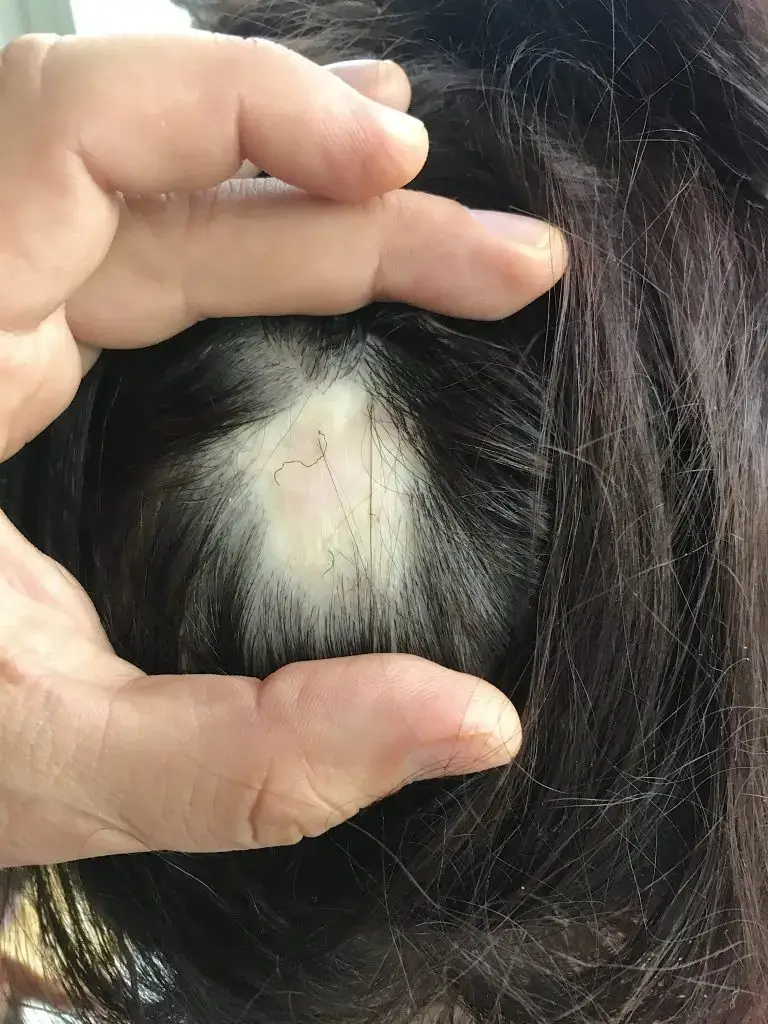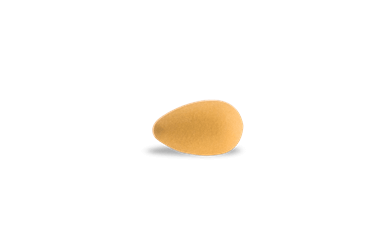JAK's work for alopecia
Olumiant, Rinvoq and Xeljanz (off label) can be prescribed by our doctors
95% of people see results
Xeljanz
Xeljanz
Olumiant
Olumiant
Rinvoq

Active Ingredient
Tofacitinib
Tofacitinib
Bariticinib
Bariticinib
Upadacitinib

Available Dosage
5mg
56 tablets
11mg XR
28 tablets
2mg
14 tablets
4mg
14 tablets
15mg
28 tablets

When to Take It
2 x daily
Once Daily
Once Daily
Once Daily
Once Daily

Price
$465
$435
$265
$300
$890

What is Alopecia
Alopecia is a medical term used to describe hair loss or baldness. It can refer to the partial or complete absence of hair from areas where it normally grows, such as the scalp, eyebrows, eyelashes, or other parts of the body. Alopecia can be caused by various factors, including genetics, autoimmune conditions, stress, medication side effects, hormonal imbalances, and more. There are different types of alopecia, with the most common being androgenetic alopecia (male and female pattern baldness) and alopecia areata (an autoimmune condition leading to patchy hair loss). Treatment options for alopecia depend on its underlying cause and can range from medication to hair restoration procedures.
What Are the Symptoms of Alopecia?
The symptoms of alopecia can vary depending on the specific type of alopecia a person is experiencing. Here are some common symptoms associated with different types of alopecia:
Alopecia Areata:
- Sudden onset of one or more coin-sized bald patches on the scalp or other body areas.
- Hair loss typically occurs in small, round patches and may progress over time.
- Occasionally, there may be tingling or itching in the affected area before hair loss occurs.
Androgenetic Alopecia (Male and Female Pattern Baldness):
- Gradual thinning of hair, especially at the crown or the top of the head in men.
- In women, a widening part or a noticeable reduction in hair volume.
- Hair may become finer and shorter over time.
Traction Alopecia:
- Hair loss in areas where there is frequent and prolonged tension on the hair, often due to tight hairstyles like braids, ponytails, or hair extensions.
- Hair loss is typically along the hairline or in the affected areas.
Scarring Alopecia:
- Hair loss accompanied by the presence of scars on the scalp or affected area.
- Scars may be inflamed, red, or raised.
Telogen Effluvium:
- Sudden and noticeable shedding of hair throughout the scalp, resulting in overall thinning.
- Often triggered by stress, illness, medication, or hormonal changes.
Anagen Effluvium:
- Sudden hair loss during the active growth phase (anagen) of the hair cycle.
- Commonly associated with chemotherapy or radiation therapy.
Trichotillomania:
- Patchy hair loss due to repetitive hair pulling, often as a result of a psychological condition.
- Broken or uneven hair shafts may be visible in the affected areas.
It’s important to note that the symptoms and progression of alopecia can vary from person to person. If you suspect you have alopecia or are experiencing hair loss, it’s advisable to consult with a healthcare professional or dermatologist for a proper diagnosis and appropriate treatment options. Early intervention can be key to managing and addressing hair loss effectively.
What Causes Alopecia?
Alopecia, or hair loss, can have various causes, depending on the specific type of alopecia. Here are some common causes associated with different types of alopecia:
Alopecia Areata: The exact cause is not fully understood, but it is believed to be an autoimmune disorder in which the immune system mistakenly attacks hair follicles. Genetic and environmental factors may play a role in its development.
Androgenetic Alopecia (Male and Female Pattern Baldness): This type of hair loss has a strong genetic component. It is related to the presence of dihydrotestosterone (DHT), a hormone that can shrink hair follicles over time. Hormonal changes and genetics are key factors.
Traction Alopecia: Hair loss occurs due to repeated pulling or tension on the hair. Tight hairstyles like braids, cornrows, ponytails, or hair extensions can cause damage to hair follicles over time.
Scarring Alopecia: Hair loss results from inflammation that damages and destroys hair follicles. This can be due to various factors, including infections, autoimmune diseases, or physical trauma to the scalp.
Telogen Effluvium: Stress, illness, medications, hormonal changes (such as pregnancy or thyroid disorders), and significant weight loss can disrupt the normal hair growth cycle, pushing more hair into the shedding phase, leading to temporary hair loss.
Anagen Effluvium: Exposure to chemotherapy, radiation therapy, or toxic substances can disrupt the growth phase of hair follicles, causing sudden hair loss.
Trichotillomania: Hair loss occurs as a result of compulsive hair pulling, often related to psychological or emotional stress.
Nutritional Deficiencies: Inadequate intake of essential nutrients, such as iron, zinc, biotin, or protein, can lead to hair loss.
Hormonal Changes: Imbalances in hormones, such as those related to menopause, polycystic ovary syndrome (PCOS), or thyroid disorders, can contribute to hair loss.
It’s important to note that the specific cause of alopecia can vary from person to person, and some individuals may have a combination of contributing factors. Diagnosis and treatment options for alopecia should be determined by a healthcare professional or dermatologist based on the type and underlying cause of hair loss. Early intervention and appropriate management can often help address and minimize the effects of alopecia.
What are the Treatments for Alopecia?
JAK (Janus kinase) inhibitors are a relatively new class of medications that have shown promise in the treatment of certain types of alopecia, particularly alopecia areata. These medications work by inhibiting specific immune responses that target hair follicles. Here’s how JAK inhibitors can be included in the list of treatments for alopecia:
Alopecia Areata (Including JAK Inhibitors):
- Corticosteroids: Topical or injected corticosteroids can help reduce inflammation and suppress the immune response in the affected areas.
- Topical Immunotherapy: Chemicals like anthralin or diphencyprone can be applied to the scalp to provoke an allergic reaction, which can sometimes stimulate hair regrowth.
- Immunosuppressants: Medications that suppress the immune system, such as oral corticosteroids or drugs like methotrexate, may be prescribed in severe cases.
- JAK Inhibitors: Recently, JAK inhibitors like tofacitinib (Xeljanz) and ruxolitinib (Jakafi) have shown promise in clinical trials for treating alopecia areata by modulating the immune response. They are often considered when other treatments are ineffective or if the condition is severe.
JAK inhibitors represent an evolving field in the treatment of alopecia areata, and their use should be discussed with a dermatologist or healthcare provider who specializes in hair disorders to determine the most suitable treatment approach for individual cases.
How Can I Get a Prescription for Alopecia medications?
Complete a free online visit with a partner doctor, and on approval, you’ll get the prescribed medication delivered to your door.
The medications to choose from include Xeljanz, Olumiant and Rinvoq. Our partner doctors will help decide the best course of treatment.
You Have Options
Compare Xeljanz, Olumiant and Rinvoq
It’s your life. Find the treatment that works for YOU.
Let our doctors help. If you don’t know which medication is best, our partner doctors can guide you.
Xeljanz or Olumiant? Xeljanz is prescribed off-label for alopecia, while Olumiant has been clinically trialed and is indicated for alopecia. Our patients have been successful in regrowing hair with both medications.
An online consult with a doctor will help you make the right choice.
Treat Alopecia Online with Rxfor.me

What Causes Alopecia
Alopecia areata is a common autoimmune hair loss disorder. It affects people of all age groups and ethnicities.
The disease is unpredictable and can initially present as small, well-defined patches of hair loss on the scalp, to complete loss of scalp and body hair.
While the causes of alopecia areata are not fully understood, it is believed to be the result of complex immune signals that change the hair growth cycle, resulting in hair loss
What Are JAK's
The JAK inhibitor is a newer type of medication that’s changing patients’ lives. It’s helping some patients with alopecia areata regrow their hair. Janus kinase (JAK) inhibitors work inside the body and it is thought to disrupt an immune signaling pathway involved in alopecia areata.
Taking JAK's
Before you use these medicines, tell your doctor if you:
- Are being treated for an infection, have an infection that won’t go away or keeps coming back, or think you have symptoms of an infection.
- Have TB or have been in close contact with someone with TB.
- Have had shingles (herpes zoster).
- Have had hepatitis B or C, cancer, or blood clots in the veins of your legs or lungs.
- Have had a heart attack, other heart problems or stroke.
- Have other medical conditions, including kidney or liver problems, low blood cell counts, diabetes, lung disease, HIV, or a weak immune system.
- Have any stomach-area pain or have been diagnosed with inflammation in the large intestine (diverticulitis) or ulcers in your stomach or intestines.
- Have recently received or plan to receive a vaccine. People taking JAKS should not receive live vaccines.
- Are pregnant or plan to become pregnant.
- Are breastfeeding or plan to breastfeed.
- Are taking other medicines, including prescription and over-the-counter medicines, vitamins, and herbal supplements. It is especially important to tell your doctor, if you take:
- a medicine called probenecid
- medicines that affect your immune system, such biologic medications, other JAK inhibitors, or strong immunosuppressants (such as azathioprine or cyclosporine) since these may increase your risk of infection.
How Can I Get Alopecia Medication Online
Ordering prescription drugs such as Xeljanz and Olumiant online is a simple 4-step process:
- Answer basic health questions as part of a online doctor visit.
- A partner doctor reviews your information, and if appropriate, approves your prescription.
- Your medication will be shipped to your door.
Which Alopecia Prescriptions Are Available Via Rxfor.me?
Rxfor.me offers the following prescription medications: Xeljanz, Olumiant/Unamity, and Rinvoq.
Can a Doctor Diagnose Alopecia Online?
Yes, a doctor will review your responses to the Alopecia questionnaire and, based on the information you provide and any follow-up questions, will determine if you are an ideal candidate for the treatments we offer. When appropriate, the doctor will provide you with a prescription, and advise about a suitable treatment plan and dosage.
What Kind of Things Do I Need to Tell the Doctor When Asking for A Prescription for Alopecia medications?
Generally, the intake requires details about your medical history, other medicines you’re taking, and general health information.
While Xeljanz can be effective for these conditions, it is essential to be aware of potential side effects. Common side effects of Xeljanz may include:
- Upper respiratory tract infections
- Headaches
- High blood pressure
- Increased liver enzyme levels
- Nausea
- Diarrhea
- Elevated cholesterol levels
Serious side effects are less common but can include:
- Increased risk of serious infections, including tuberculosis
- Blood clots
- Gastrointestinal perforations
- Elevated liver enzymes
- Changes in blood cell counts
- Risk of certain cancers, particularly lymphoma
The safety and side effects of Xeljanz can vary depending on the specific condition being treated and individual patient factors. It is crucial for individuals considering or using Xeljanz to have a thorough discussion with their healthcare provider. Patients should be closely monitored for potential side effects, and the benefits and risks of the medication should be carefully weighed.
What Do I Need to Know Before Taking Medications for Alopecia?
Warnings Before Taking Xeljanz:
Infections: Xeljanz may increase the risk of serious infections, including tuberculosis (TB), bacterial, fungal, and viral infections. Prior to starting Xeljanz, patients should be screened for TB, and ongoing monitoring for signs of infection is essential during treatment.
Malignancies: There have been reports of an increased risk of certain cancers, including lymphoma, with the use of Xeljanz. Patients with a history of cancer or those at higher risk may require careful evaluation of the benefits and risks of treatment.
Blood Clots: Xeljanz has been associated with an increased risk of blood clots in the lungs and deep veins, which can be life-threatening. Patients with a history of blood clots or risk factors for clotting disorders should discuss this with their healthcare provider.
Gastrointestinal Perforations: Rare cases of gastrointestinal perforations have been reported with Xeljanz. Patients with a history of diverticulitis or other gastrointestinal conditions should exercise caution and report any abdominal symptoms promptly.
Liver Function: Xeljanz can lead to elevated liver enzyme levels. Liver function should be monitored regularly, and patients with liver disease should be closely observed.
Blood Cell Counts: Xeljanz can affect blood cell counts, including lowering the number of white blood cells, which are essential for fighting infections. Regular blood tests may be necessary during treatment.
Vaccinations: Live vaccines should not be administered while taking Xeljanz due to the risk of infection. Consult with your healthcare provider regarding recommended vaccinations before starting treatment.
Pregnancy and Breastfeeding: Xeljanz may have potential risks during pregnancy, and it can pass into breast milk. Discuss pregnancy planning and breastfeeding considerations with your healthcare provider.
Interactions: Inform your healthcare provider of all medications, supplements, and herbal products you are taking, as Xeljanz may interact with other drugs.
These warnings and precautions highlight the importance of close medical supervision and informed decision-making when considering Xeljanz as a treatment option. Before starting Xeljanz or any medication, individuals should have a thorough discussion with their healthcare provider to assess the potential benefits and risks based on their specific medical history and condition. Regular monitoring and open communication with a healthcare professional are key to safe and effective use.
Have JAK inhibitors Been Trialed for Alopecia
Yes, Janus kinase (JAK) inhibitors have been investigated in clinical trials for the treatment of alopecia areata, an autoimmune hair loss condition. JAK inhibitors are a class of medications that target the immune system’s inflammatory response, which plays a role in alopecia areata’s development.
Several JAK inhibitors have been studied in clinical trials for alopecia areata, including:
Tofacitinib (Xeljanz): Tofacitinib is a JAK inhibitor that has shown promise in clinical trials for alopecia areata. Research has indicated that it can stimulate hair regrowth in some individuals with this condition.
Ruxolitinib (Jakafi): Ruxolitinib is another JAK inhibitor that has been studied in the context of alopecia areata. Clinical trials have explored its efficacy in promoting hair regrowth.
Baricitinib (Olumiant): Baricitinib, like the other JAK inhibitors, has been evaluated in clinical trials for alopecia areata, particularly in individuals with moderate to severe forms of the condition.
The results of these clinical trials have shown varying degrees of success, with some patients experiencing significant hair regrowth while others may not respond as effectively. The use of JAK inhibitors for alopecia areata is still an area of ongoing research and development, and the long-term safety and efficacy of these medications for this condition continue to be studied.
If you or someone you know is interested in exploring JAK inhibitors or other treatments for alopecia areata, it’s essential to consult with a dermatologist or healthcare provider who specializes in hair disorders. They can provide guidance on the most appropriate treatment options based on individual circumstances and the latest research findings.
Don’t just take our word for it
here’s what our satisfied customers say




